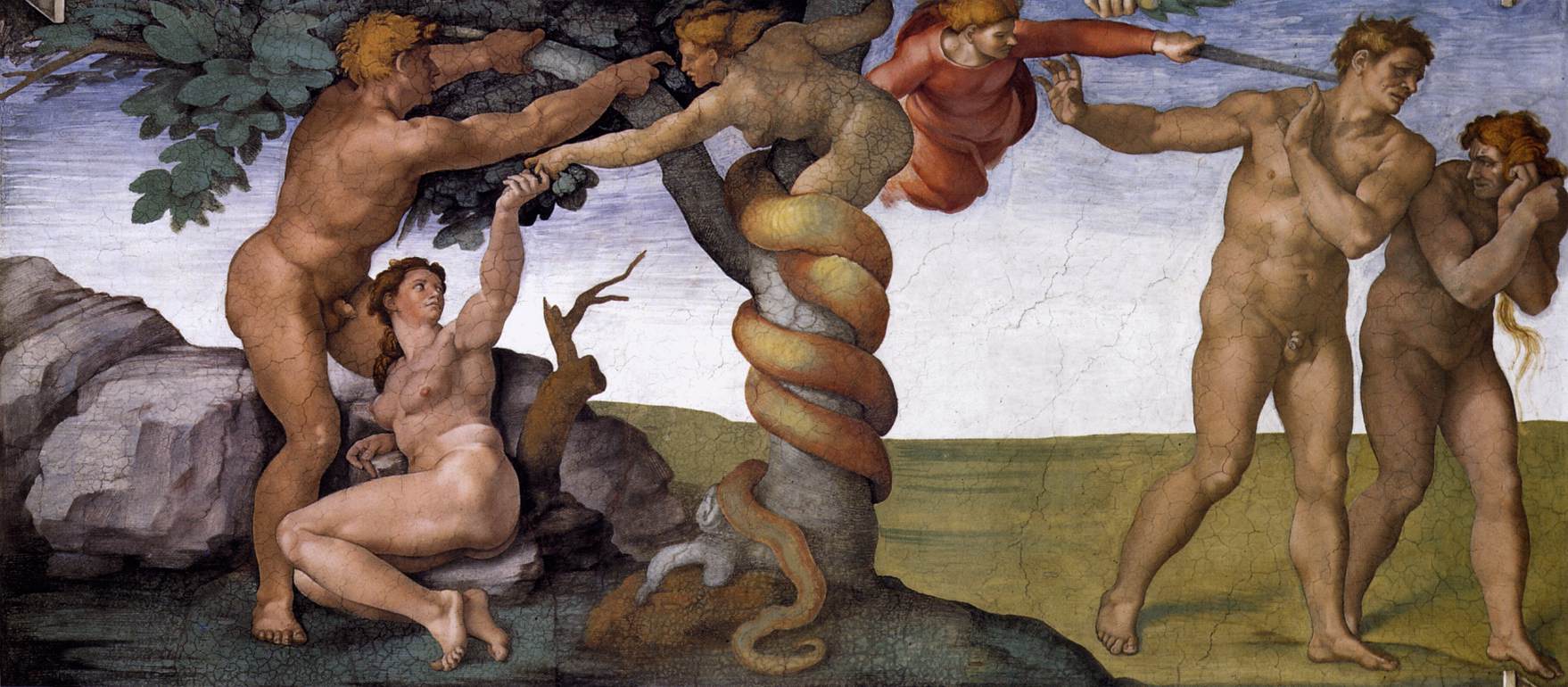Saturday 24 August 2013
Theological Shorts
A new feature here at Filioque where a few times a week I will write a very short commentary on a particular article of the Summa Theologica from Saint Thomas Aquinas.
The first summary is taken from Part I, Question 95, Article 1.
'Whether the first man was created in grace?'
Thomas answers in the positive, the first man was created in grace by God. The reason the Angelic Doctor gives for this is that the Adam was created in complete rectitude, where his body was subjected to his reason and his reason was ultimately in harmony with his creator, 'God made man right' (Eccles. vii. 30). This state of rightly ordered reason could only occur with the first man being in a state of grace, as ''it is clear that such a subjection of the body to the soul and of the lower powers to reason was not from nature; otherwise it would have remained after sin.'' This statement is vital for a correct understanding of our state after the Fall. The Pelagians believed that Adam was created in a natural state, a state in which death and decay was a reality and would come to affect our forefather in due course. But the Catholic proclaims the initial rectitude, the original righteousness of man, which existed because of the presence of grace in his soul. The withdrawal of his great state was due simply to the deliberate sin of Adam, a sin for which he could claim no excuse due to any stain of concupiscence. This is necessary as otherwise man's original nature would have been faulty if we were to answer in the negative. Saint Augustine commented that because of man's disobedience to God he began to feel that same disobedience in his own flesh. With the removal of grace, the flight of our original duly ordered nature, the lower powers of man started to rise up against him, provoking him, taunting him about his most terrible fall from his initial, God-given righteousness.
It must be stated that the grace given to man was not an efficacious grace in the moment of his temptation, whereby man would have, by the power of God moving swiftly and sweetly, rejected the offer of Satan to sin. Grace was certainly given to man to overcome, but the flowering of the bud was crushed by his rejection of it. Adam could claim no excuse, no human weakness for his abandonment of his creator.
Subscribe to:
Post Comments (Atom)

No comments:
Post a Comment